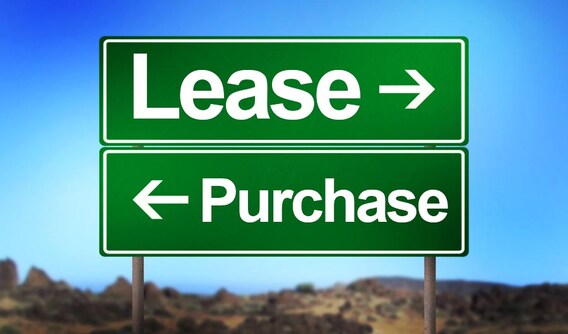As solar power gains momentum as a clean and renewable energy source, homeowners are faced with the important decision of whether to purchase or lease solar panels. Both options have distinct advantages and considerations. In this article, we will explore the key differences between purchasing and leasing solar panels, with a focus on the benefits of ownership, including the utilization of state and federal tax credits and Solar Renewable Energy Certificates
When homeowners choose to purchase solar panels, they make a long-term investment with several financial advantages:
Ownership and Financial Benefits: By purchasing solar panels, you become the sole owner of the system. This ownership entitles you to various financial benefits, including state and federal tax credits. The federal Investment Tax Credit (ITC) allows you to claim a percentage of the total solar installation cost (currently 30%) as a credit on your federal income taxes. State tax credits, which vary by location, can further enhance the financial incentives of solar panel ownership.
Long-Term Return on Investment: While the upfront cost of purchasing solar panels may be higher, homeowners can reap significant long-term savings. As the owner, you benefit from reduced or eliminated electricity bills. Additionally, through net metering programs, excess electricity generated by your panels can be sold back to the grid, resulting in credits on your electricity bill.
SRECs: Some states offer Solar Renewable Energy Certificates (SRECs) as part of their renewable energy incentive programs. As an owner of solar panels, you have the opportunity to generate SRECs based on the amount of clean electricity your system produces. These SRECs can be sold to utilities or other entities that need to meet renewable energy targets, providing an additional revenue stream.
Leasing solar panels offers an alternative for homeowners who want to enjoy the benefits of solar energy without the upfront costs. Here are the key considerations:
Reduced Upfront Costs: Leasing allows homeowners to avoid the substantial upfront investment typically associated with purchasing solar panels. Instead, you pay a fixed monthly fee to the leasing company for the duration of the lease agreement, making solar energy accessible to a broader range of individuals.
Guaranteed Production and Maintenance: Leasing companies often provide a guarantee for the energy production of the solar panels. This means that if the panels underperform, the leasing company will compensate for the difference, ensuring you receive the promised savings. Additionally, the leasing company takes care of maintenance and repairs, relieving you of any responsibilities.
Limited Financial Incentives: One significant difference between purchasing and leasing solar panels is the access to financial incentives. Since you do not own the system, you may not be eligible for certain tax credits or SRECs. However, the leasing company may pass on some savings through reduced electricity rates.
Choosing between purchasing and leasing solar panels requires careful consideration of individual circumstances and preferences. Purchasing offers the advantages of ownership, including access to tax credits, the potential for long-term savings, and the ability to generate SRECs. On the other hand, leasing provides reduced upfront costs, guaranteed production, and maintenance-free operation.
Ultimately, the decision should align with your financial situation, long-term goals, and the specific incentives available in your area. Whether you choose to purchase or lease solar panels, both options contribute to a cleaner environment and a sustainable future.
It is advisable to meet with Jeff Nachman at Solar Energy World and evaluate the financial implications before making a decision. The adoption of solar power, regardless of the chosen method, represents a significant step towards reducing reliance on traditional energy sources and embracing renewable energy.

